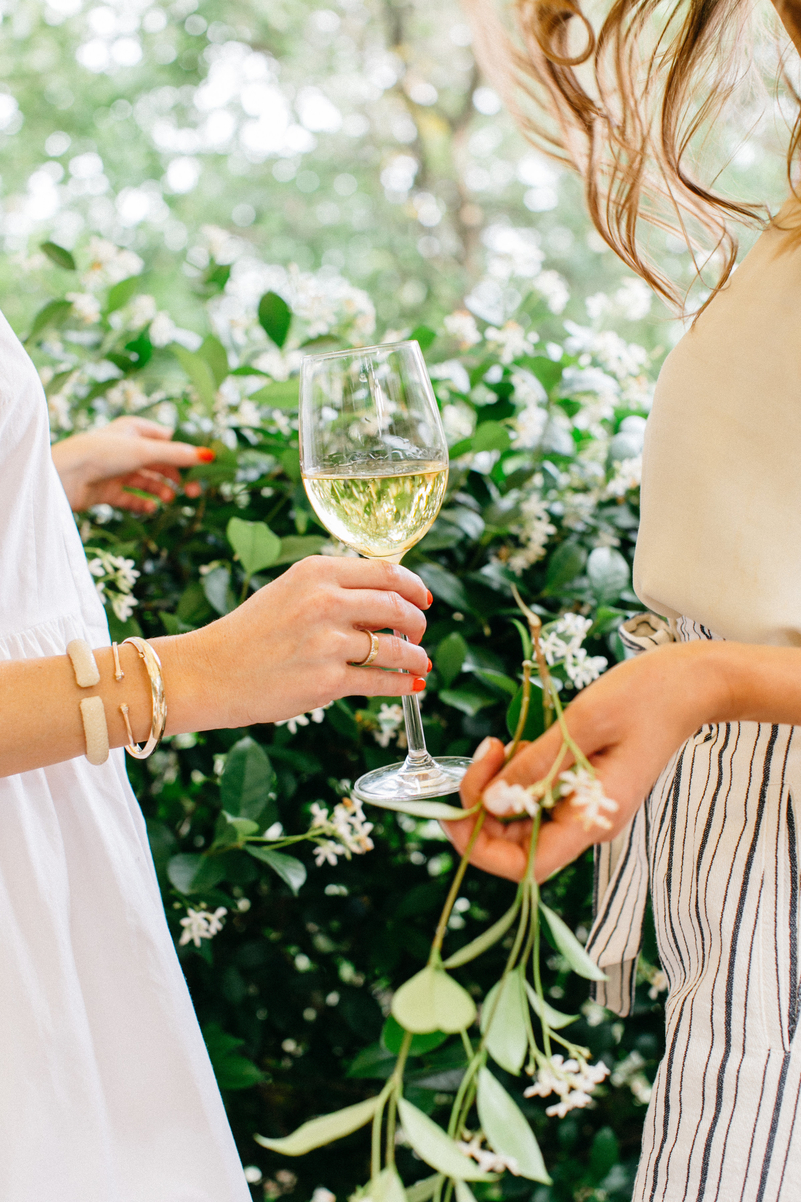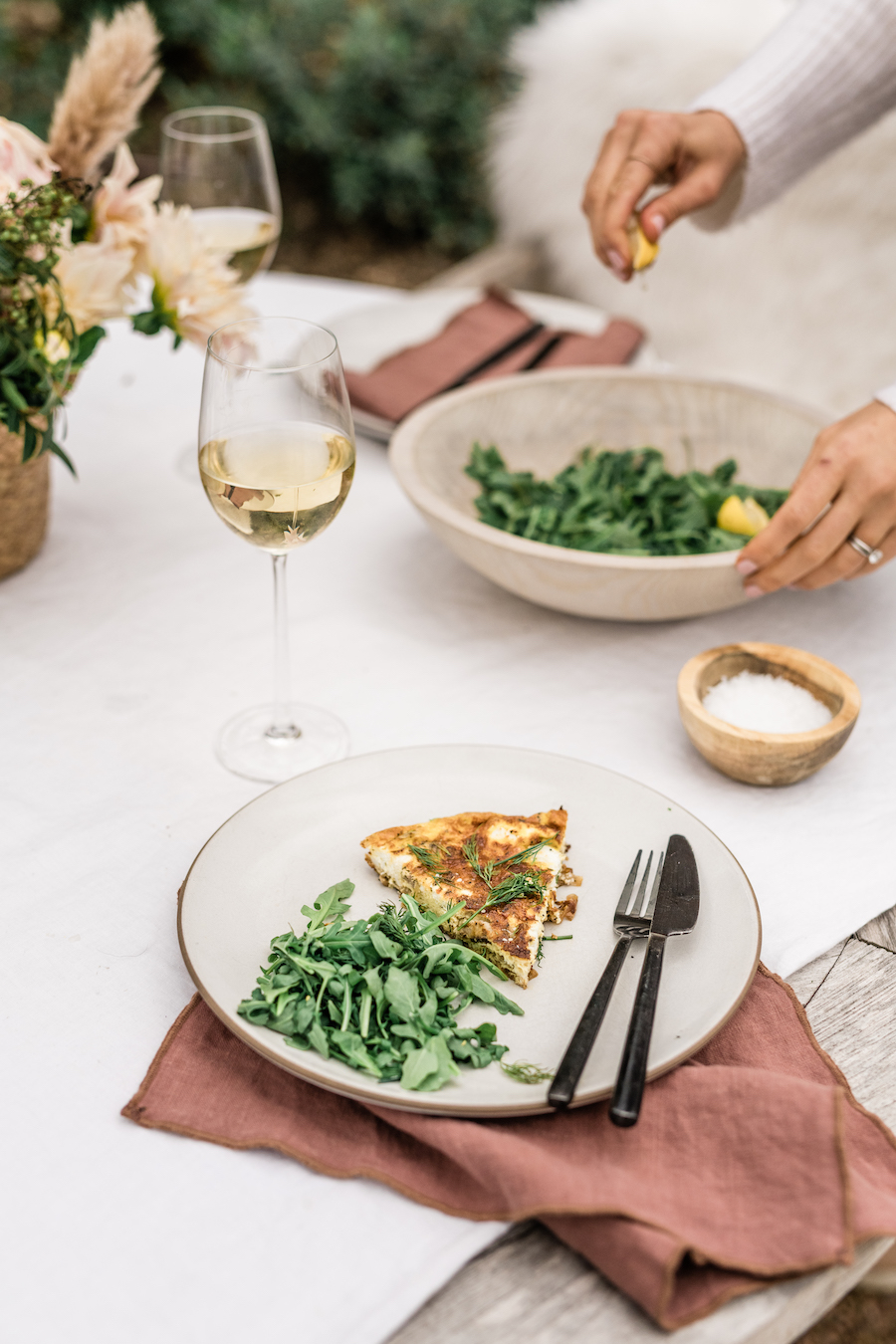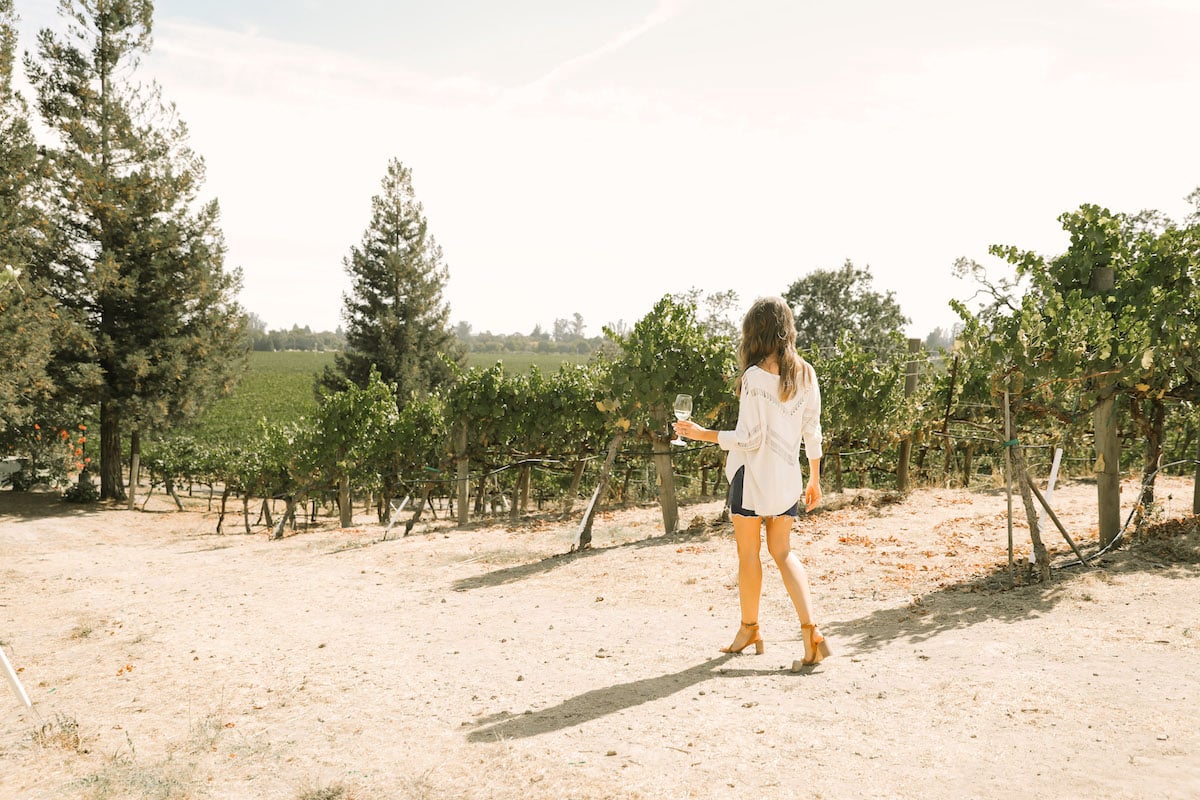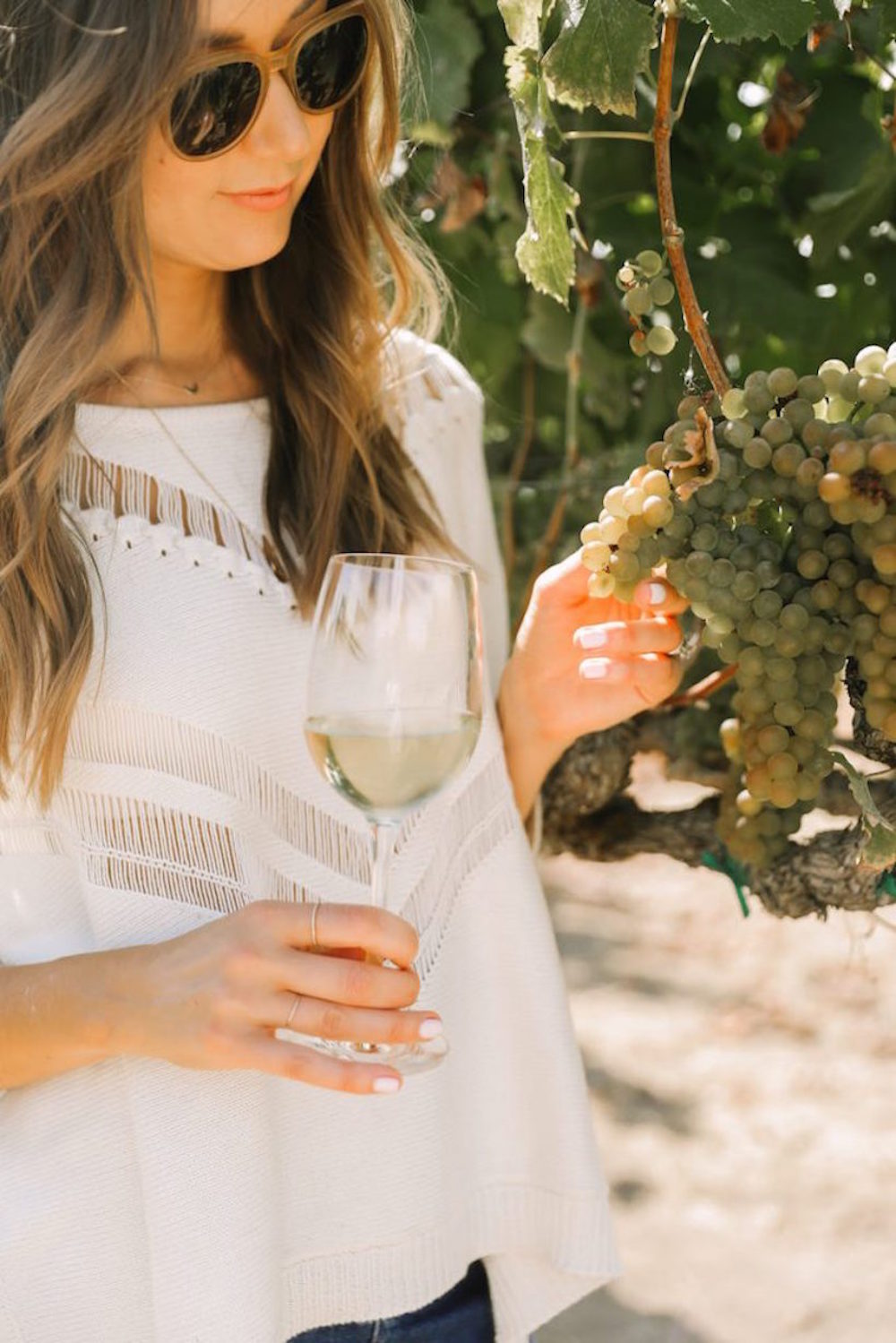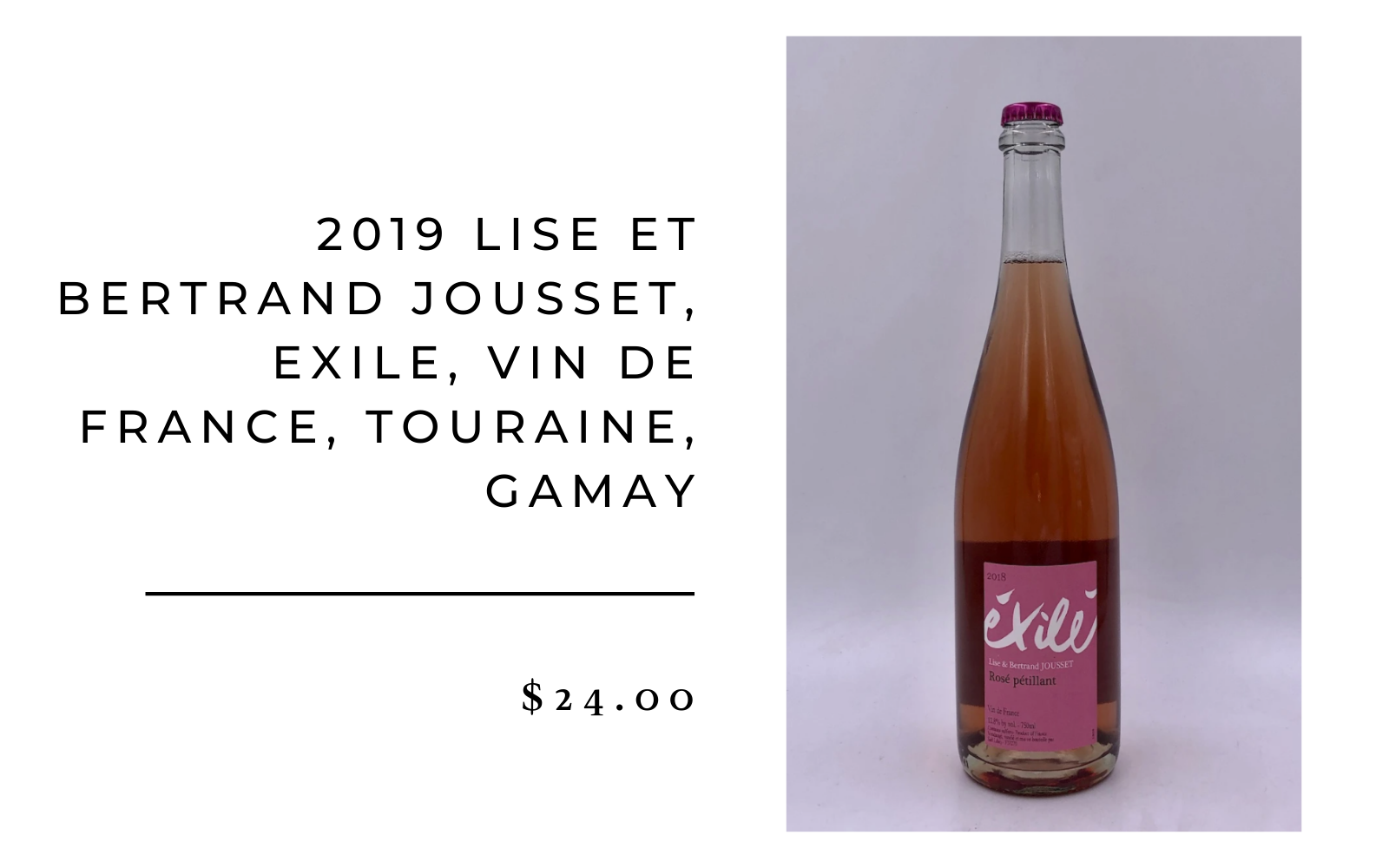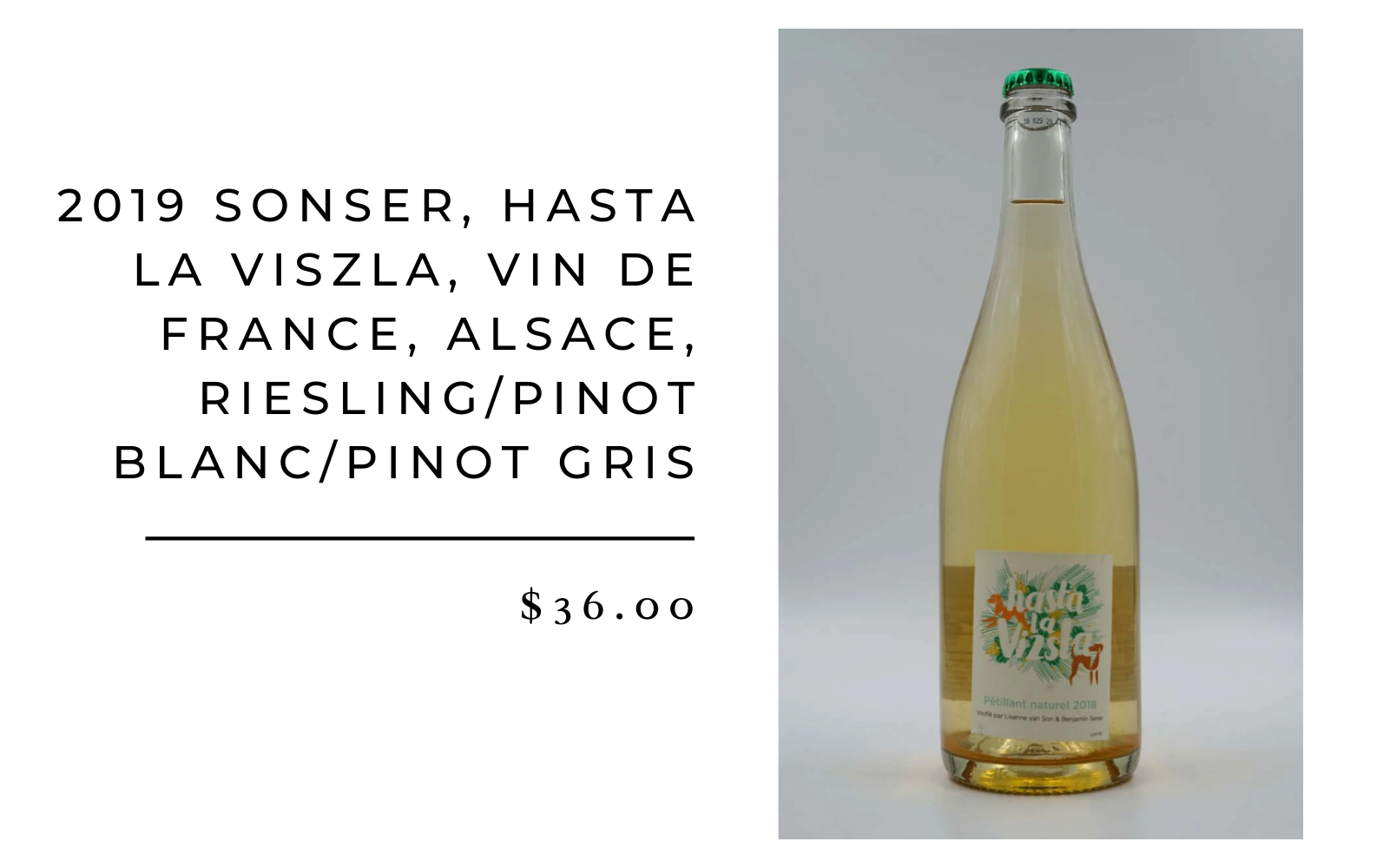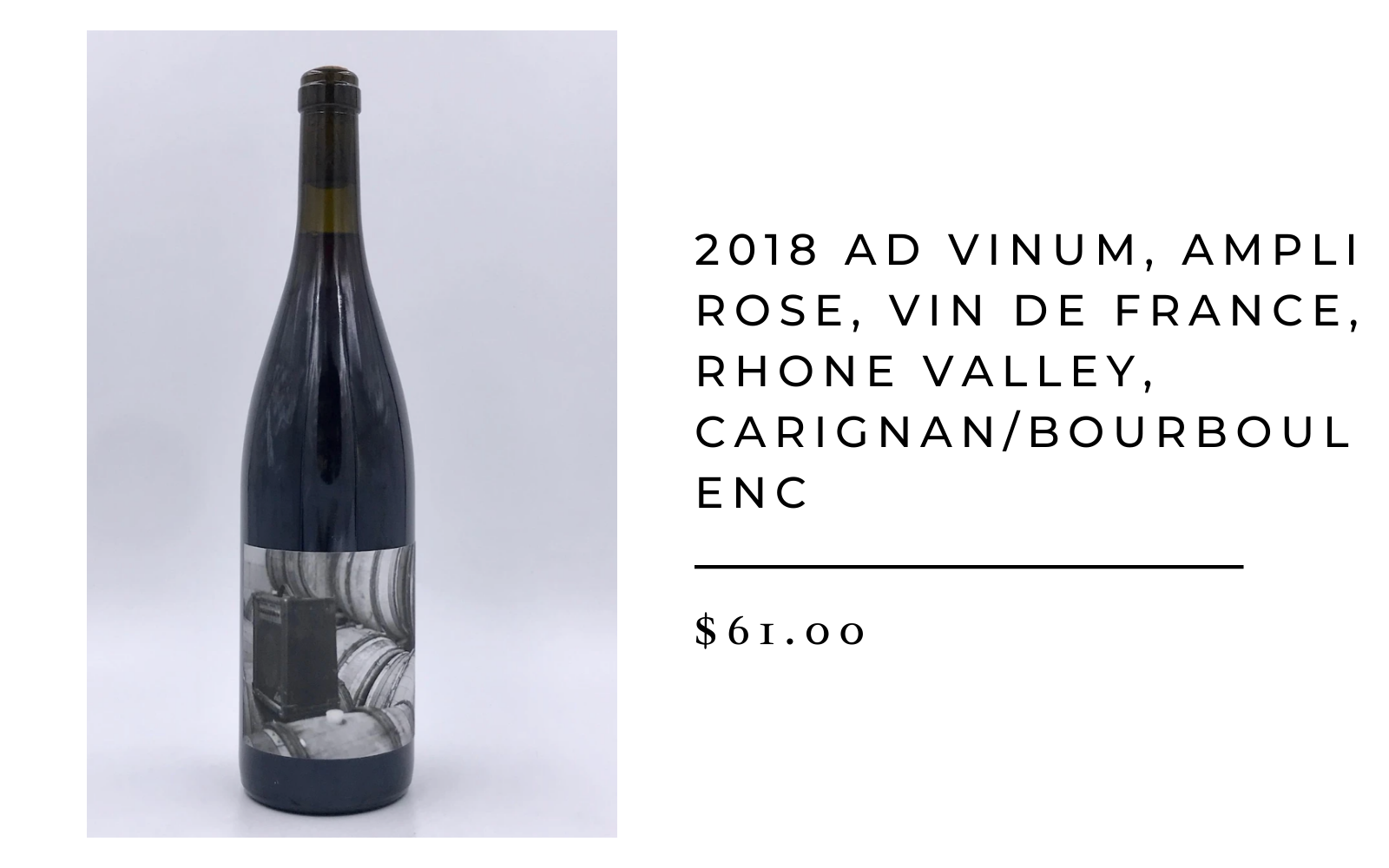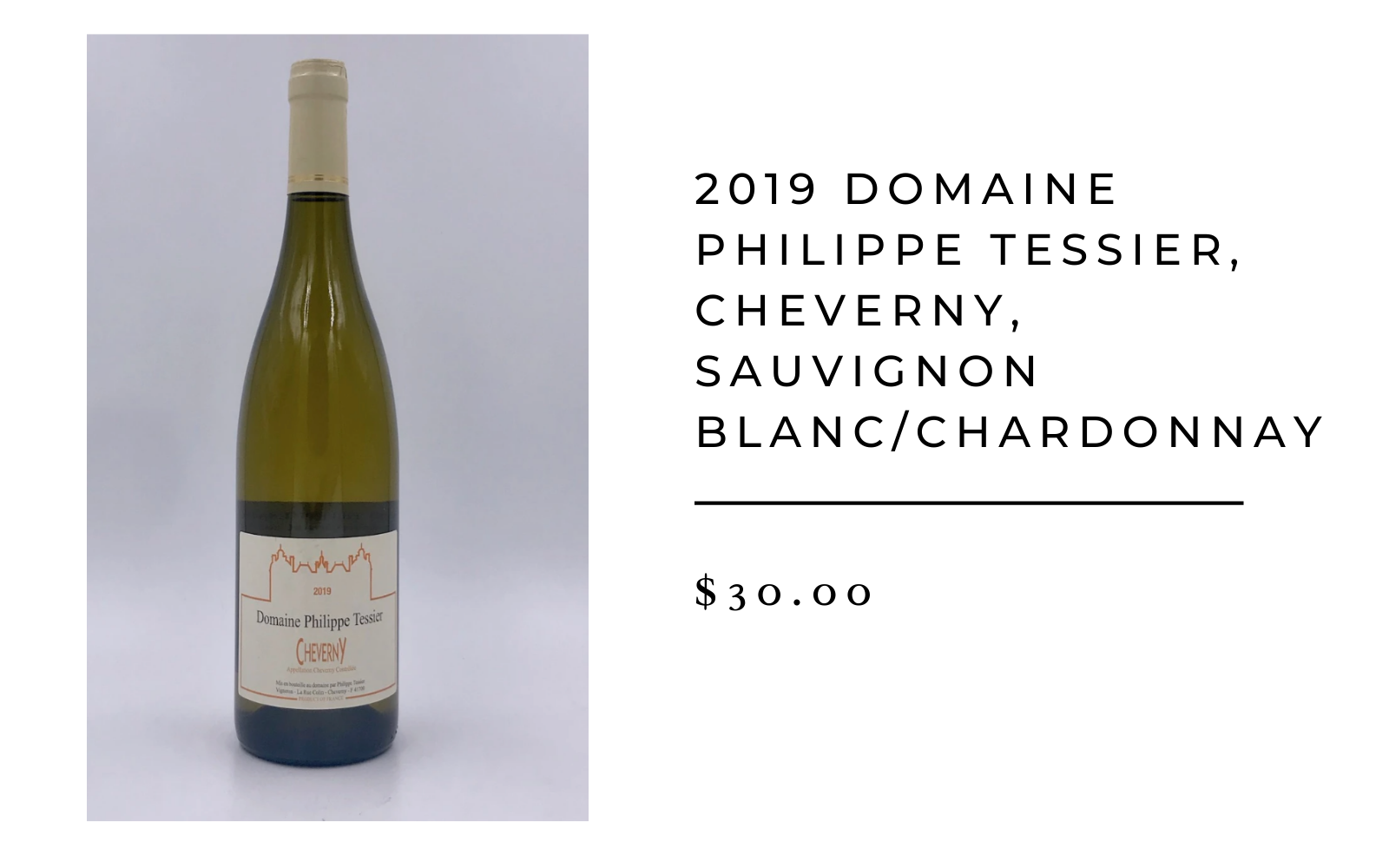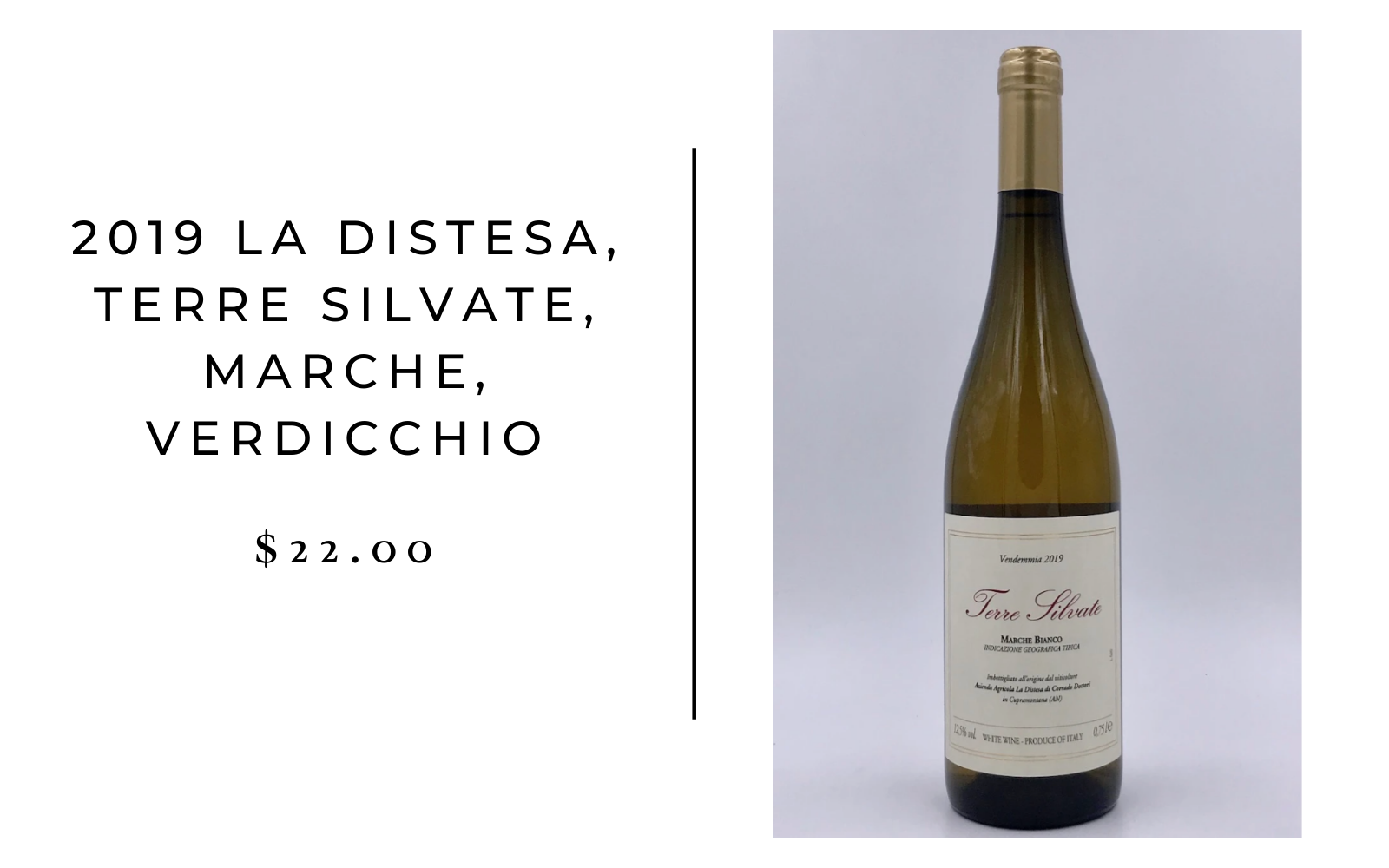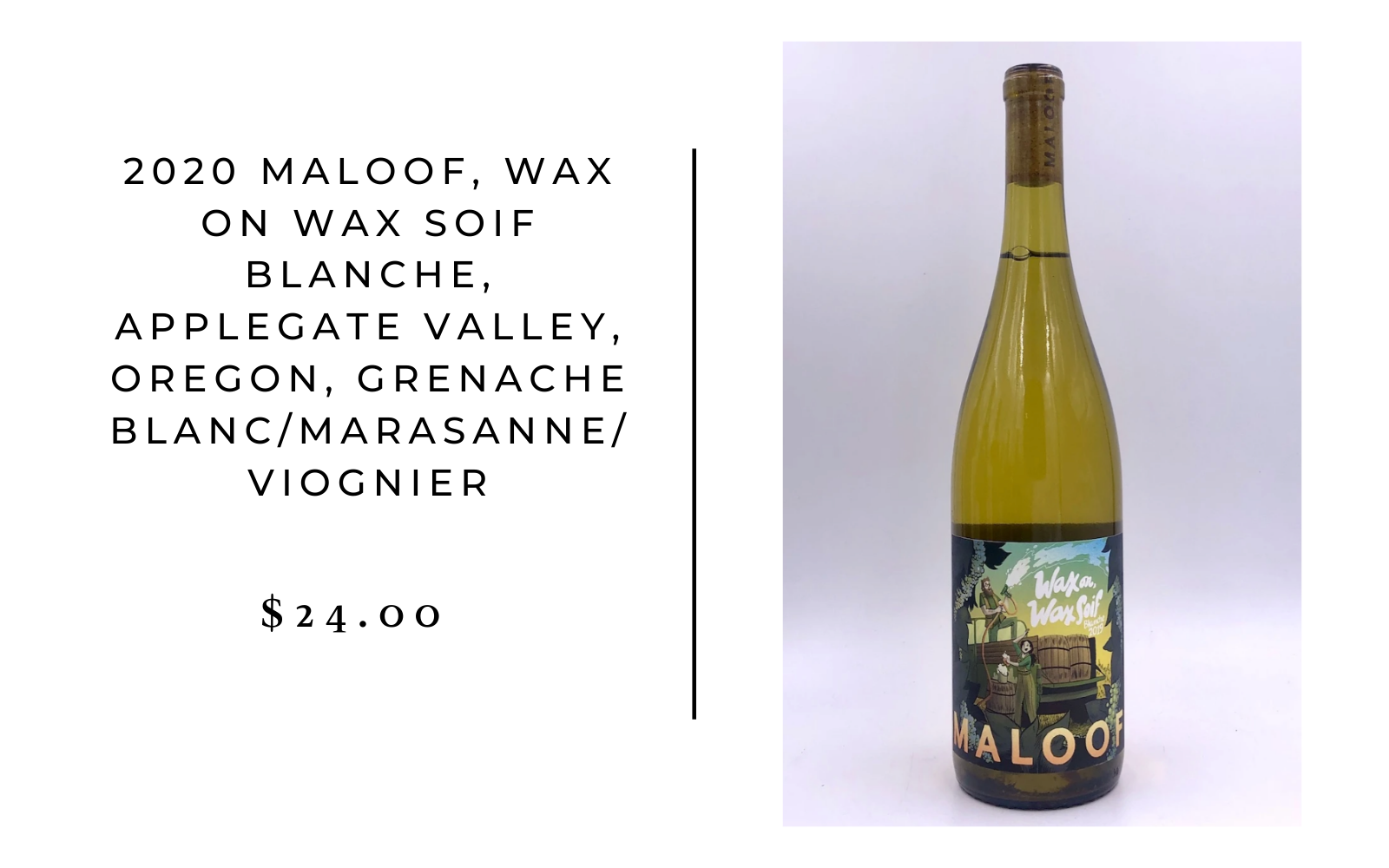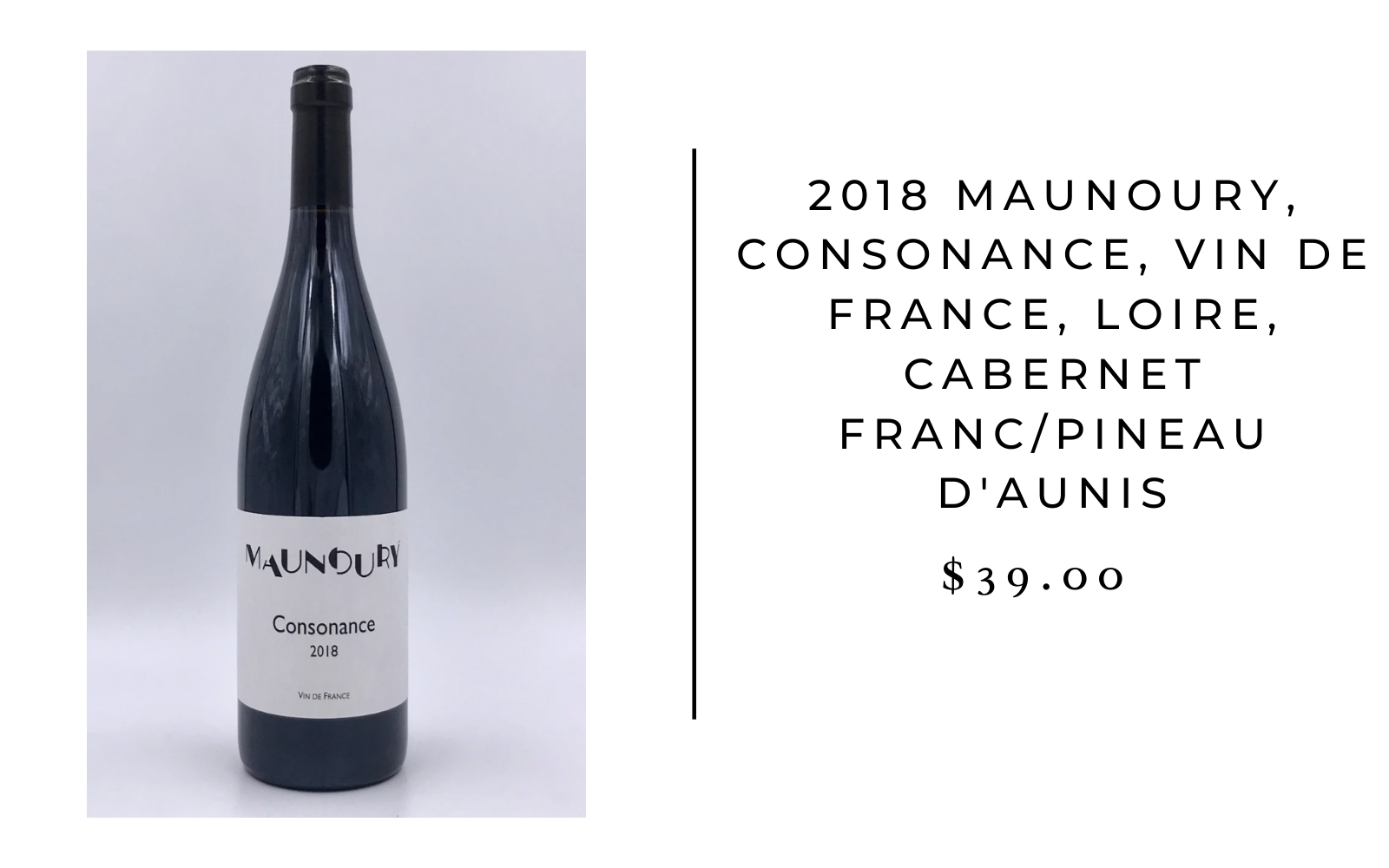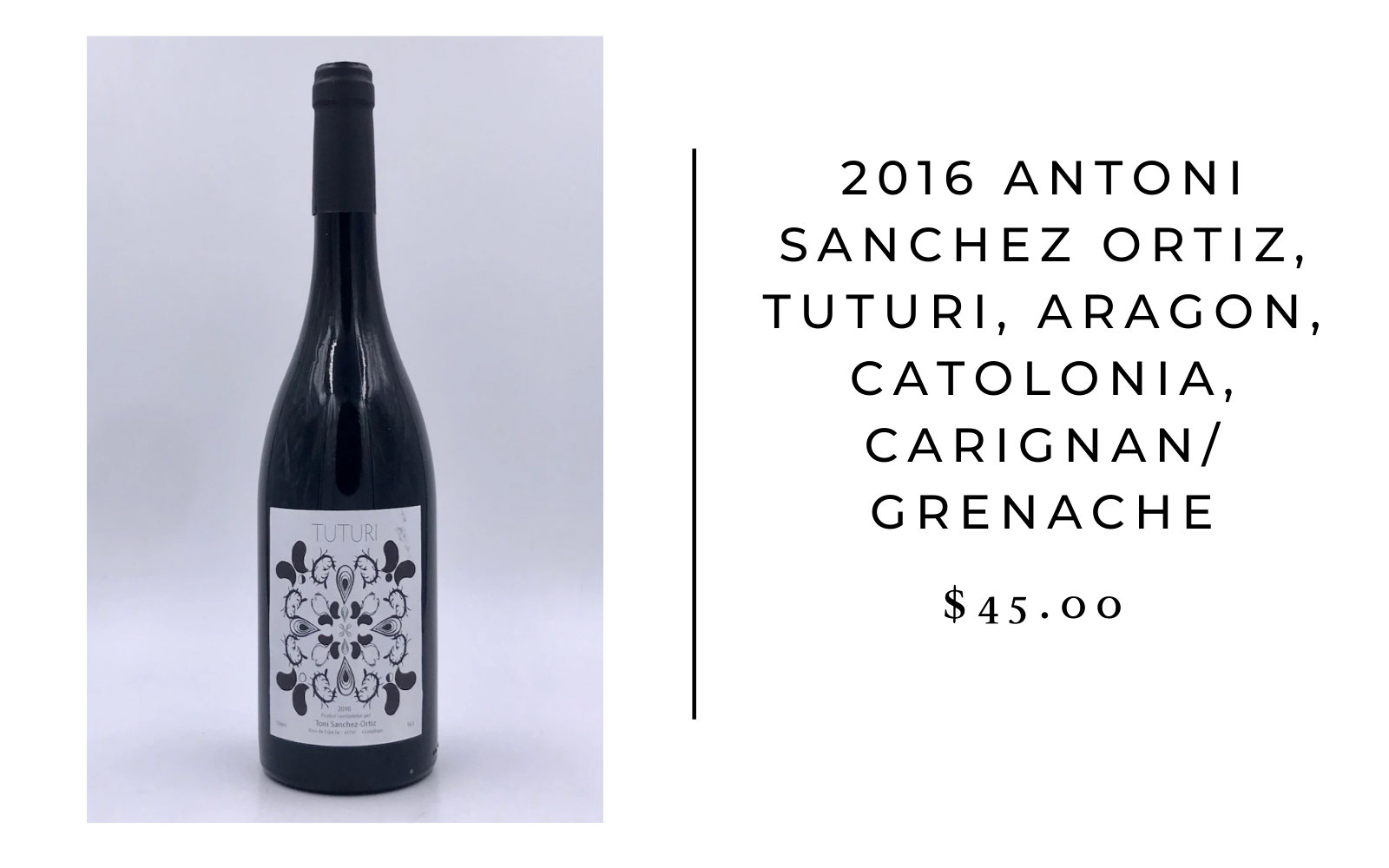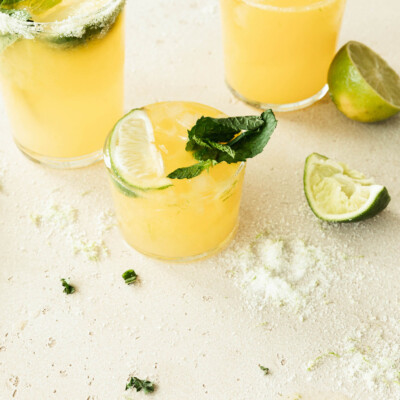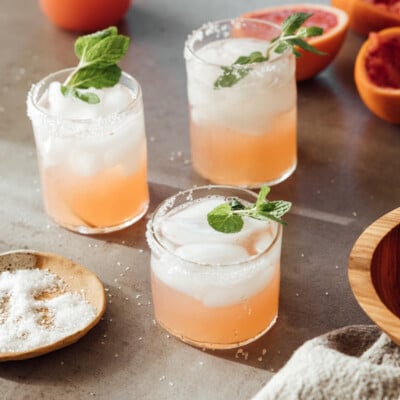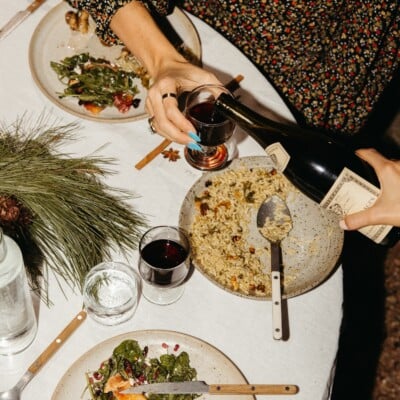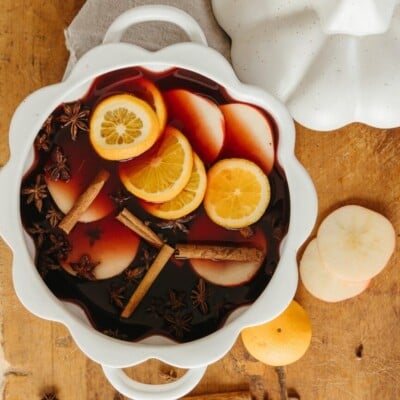My love of wine started like a half-price paperback novel—sweet and cheap. This relationship worked perfectly fine for our initial courtship when my taste level was bottom shelf and my kid number had yet to be established. But that was before tannins threw tantrums in my head and gracious-less grapes made my laugh lines turn to frowns.
With 40 candles about to be brightly lit on my birthday cake, I can now definitively say that the only thing that beats the sound of a cork flying, is the sound of a cork flying from a beautiful, quality wine that doesn’t talk back to me the next morning with a hangover attitude.
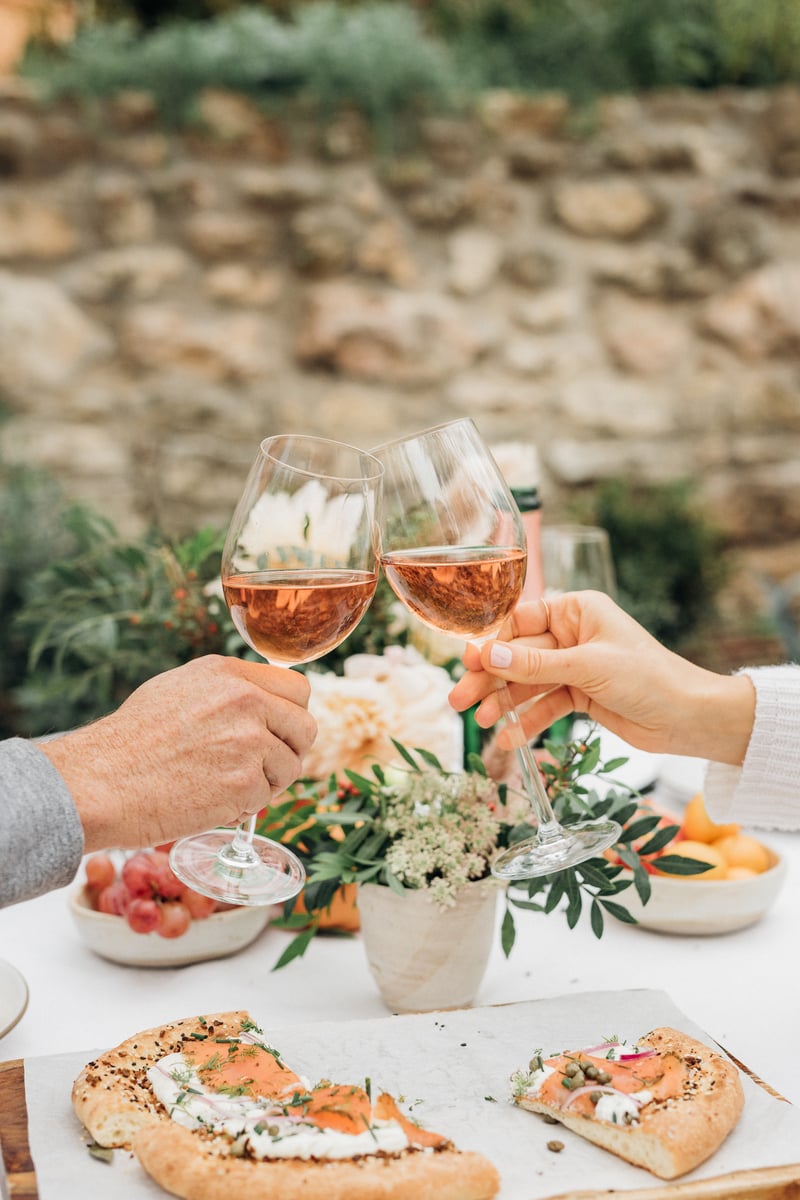
Instead of combing the market racks for below-average bottles, I now realize the benefits of thoughtfully produced varietals from the well-edited and deliciously curated e-aisles of Helen’s Wines. The Cali-based shoppe focuses its lens on natural and organically-farmed, small-production wines. (And luckily for us non-Los Angelenos, Helen’s has a perfectly choreographed online presence.)
We caught up with the gal behind the grapes, Helen Johannesen, to learn more about natural, organic, and pét-nat wines. Get a taste of what makes them so special, what a “natural wine” actually is, and which enlightened sips should be on our summer rotation…
Hi Helen! What’s the scoop on natural wine?
The funny thing about natural wine is that in the wine world it’s not a black-and-white technically defined category of wine. It’s defined.. but then also beyond definition. To put it into context, there is no wine law or certification one can achieve to have a “natural wine.” But to define it is also paramountly important:
Natural wine is wine that has had nothing added and nothing taken away.
Of course, within the simplicity of that statement, there are a lot of questions and caveats. Natural wine is like über organic wine: The practice starts in the vineyard, no use of herbicides or pesticides, oftentimes composting and biodynamic farming techniques are employed. Energy is focused on the expression of terroir aka the soil and location of the vineyard site and how the vines harmonize with the surrounding nature. All grapes are hand-harvested, sorted by hand and then the subsequent fermentation and aging process are low intervention without the use of chemicals, sulfur or other stabilizers.
Natural wine is mostly unfiltered and unfined and most of the time no added sulfur at bottling, however, it really depends on the weather and harvest vintage to vintage. Natural wine is small production and site-specific made by true artists and farmers.
And how about organic wine?
Organic wine can be many things. You can have a mass-produced wine that is certified organic but then treated very poorly in the cellar. Don’t get me wrong: organic farming is very important to me, it doesn’t need to be certified organic but the practice shows a yearning to allow nature to take its course instead of stripping away life and minerals that can make wine so delicious and exciting. The label of organic has mostly to do with farming practices so it’s important to understand how the grapes are treated and how the wine is vinified after they leave the vine.
We see you also sell biodynamic and vegan wines… Tell us more!
Biodynamic farming is a set of philosophical principles around 365-degree farming that was developed in the 1920s by Rudolph Steiner. Today many winemakers beyond certified biodynamic winemakers and others just use some of the practices depending on beliefs, resources, and the country they are making wine in. Biodynamics is the ideology of farming along with the cycles of the moon through the constellations, it informs through its own calendar when to do certain things so that everything aligns. There is heavy use of compost and special teas and practices that go along with it!
As far as vegan wine, most dope wine is vegan. The reason why vegan wine is being called out is because a lot of mass-produced, shitty commercial wine is not vegan because various animal innards can be used during the vinification process.
We’re newbies to the pét-nat world. Can you explain more about what these wines are?
A pét-nat is the street name, aka nickname, aka cute-shortened-name, for a French wine term: pétillant naturel. This refers to a specific style/technique of making sparkling wine. It has other names in other countries, but the U.S. has adopted pét-nat for some of its wines made this way. Champagne from champagne is a sparkling wine that goes through two full fermentations (to achieve alcohol and then bubbles) and a highly controlled process to get there; a pet nat goes through 1.5 to 1.75 fermentations and the process to achieve bubs is way more chill.
Basically, a base wine is fermented to convert sugar into alcohol and then the wine is bottled before the first fermentation is complete and the second fermentation takes place in the bottle. The wines are typically sealed with a crown cap, they are unfiltered and unfined and they chill out for a bit until it’s time to pop that top.
Usually, the bubbles are softer and not as aggro, the wines can express more fruit due to a lingering residual sugar: they are fun, fancy-free, and ready to party.
Not all pet nats taste the same and they can be made from many different grapes depending on the winemaker and region!
What are some of the pluses of buying natural, organic, pet nat, biodynamic, and vegan wines?
The most obvious plus is that avoiding agricultural products that have been exposed to heavy use of chemicals is overall better for your health.
Commercial wine oftentimes has lots of excessive sulfur and sneaky amounts of sugar which is why the wine will make you feel like s**t the next day. Natural wine makes you feel great! Plus you are tasting a true expression of a specific place in the world which is so transportive.
Do natural and organic wines reduce hangovers? If so, why? What about biodynamic wines?
Any wine that is made with less intervention has fewer added chemicals or sugars to it… so yes! The results would be less likelihood of a hangover. But, it’s still alcohol, so depends on how much you drink still.
The upside is a lot of natural wine is lower in alcohol and thus naturally lower in sugar. I don’t want to say it’s good for you, but it’s better than a lot of the crap out there!
You sell frizzante wines at Helen’s, too. What are those?
Frizzante is an Italian term for lightly sparkling wine, similar to the idea of a pét-nat—very similar process in fact! Sometimes wines are unintentionally frizzy and are not a frizzante… It’s kind of accidental because the wine is re-fermenting in the bottle. This is cool and can be rad but can also take people off guard. Frizzantes do sometimes have less bubble definition than a pet nat, meaning there is less residual sugar at the time of bottle for the wine to continue fermenting with and attain bubbles. Love a spritzy red!
What’s the difference between a frizzante and an actual sparkling wine?
A frizzante is like a baby sparkling wine… sort of. Basically sparkling wine can be made in two methods: Method Ancestral (pet nats, frizzante etc) and methode tradicional (champagne, cremants etc) there is a lot of technique that divides these two processes but both can produce really kick-ass wines.


